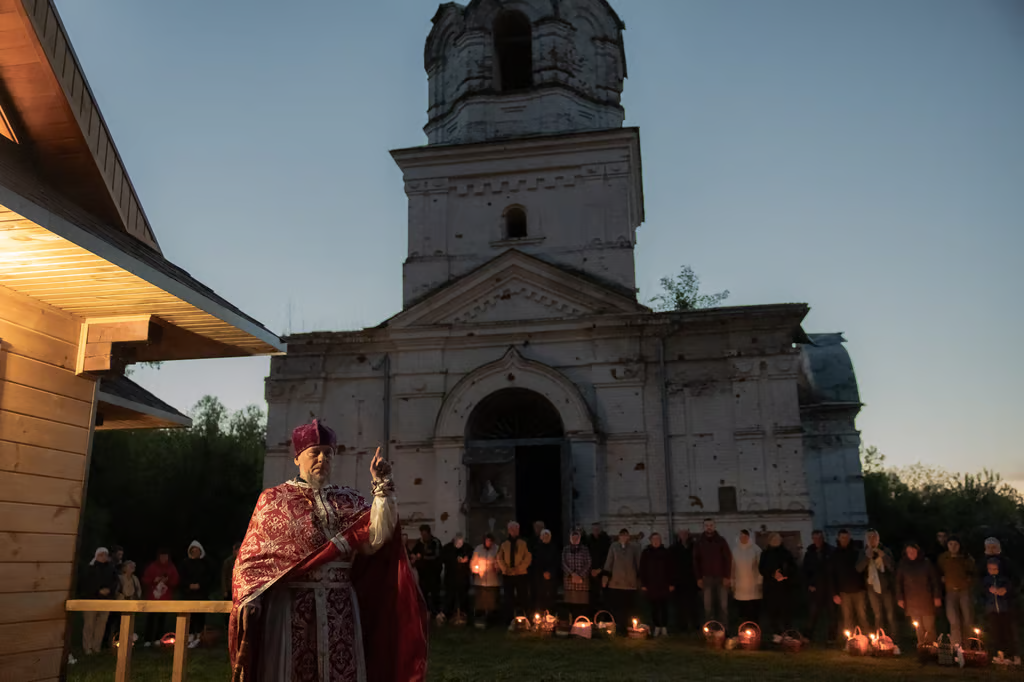Ukraine's Religious Landscape Redefined
The law, passed by a significant margin of 265 votes to 29 in parliament, reflects growing concerns about the church's alleged ties to Russia and its role in spreading pro-Russian propaganda. Ukrainian leaders have accused the UOC of supporting Russia's ongoing war against Ukraine.
While a majority of Ukrainians identify as Orthodox Christians, the faith is divided between the UOC, traditionally allied with the Russian Orthodox Church, and the independent Orthodox Church of Ukraine, recognized by the global Orthodox community since 2019.
President Volodymyr Zelensky praised the law as a crucial step in strengthening Ukraine's spiritual independence. Lawmaker Iryna Herashchenko emphasized the national security implications, stating, "This is a historic vote. Parliament approved legislation that bans a branch of the aggressor country in Ukraine."
The ban has sparked debate about the delicate balance between national security and religious freedom. Critics argue that banning a religious organization based on its foreign ties could set a dangerous precedent, potentially leading to restrictions on other religious groups. However, supporters emphasize the urgent need to prevent any potential interference from Russia.
Public opinion appears to support the law, with a recent survey indicating that more than 50% of Ukrainians believe religious institutions with ties to Russia should be banned. This reflects a broader desire for autonomy and protection from external threats.
The success of this law will depend on its implementation. Ukraine must enforce the ban while upholding its commitment to human rights and religious freedom. The outcome of this transition could have far-reaching implications for both Ukraine and other nations facing similar challenges.
Beyond the legal changes, this move represents a significant shift in the landscape of Ukrainian Orthodoxy. As Moscow-linked churches navigate their new reality, the broader societal shifts in Ukraine will undoubtedly be reflected in the evolving nature of religious life

